Rochelle Archuleta has joined the National Association for Behavioral Healthcare (NABH) as executive vice president for government relations and public policy, effective Sept. 6.
Rochelle brings to NABH 30 years of experience in the health policy, healthcare delivery system, and legislative arenas. During her 20-year tenure as a policy director for the American Hospital Association (AHA), Rochelle led AHA’s post-acute care policy team. In this role, Rochelle partnered with providers, policymakers, and leading trade associations on issues pertaining to the home health, skilled nursing facility/nursing home, inpatient rehabilitation facility, and long-term care hospital sectors.
These advocacy efforts expanded to include issues of common concern to all post-acute care providers and their hospital partners, including issues pertaining to Medicare Advantage and commercial insurers, as well as the Medicare program’s effort to create a new, unified payment system to reimburse the aforementioned, post-acute care settings.
“We are pleased to welcome Rochelle to our team,” said Shawn Coughlin, president and CEO at NABH. “Rochelle’s extensive work in healthcare policy, as well as her strong relationships with partner associations, will enhance NABH’s advocacy efforts—both with legislators and regulators.”
Rochelle is a research fellow in the Georgetown University McCourt School of Public Policy and is a former David Winston Health Policy Fellow. She earned a master of science in health administration and a master of business administration from the University of Alabama at Birmingham School of Health Professions and a bachelor of arts in political science from the University of Colorado at Boulder.

